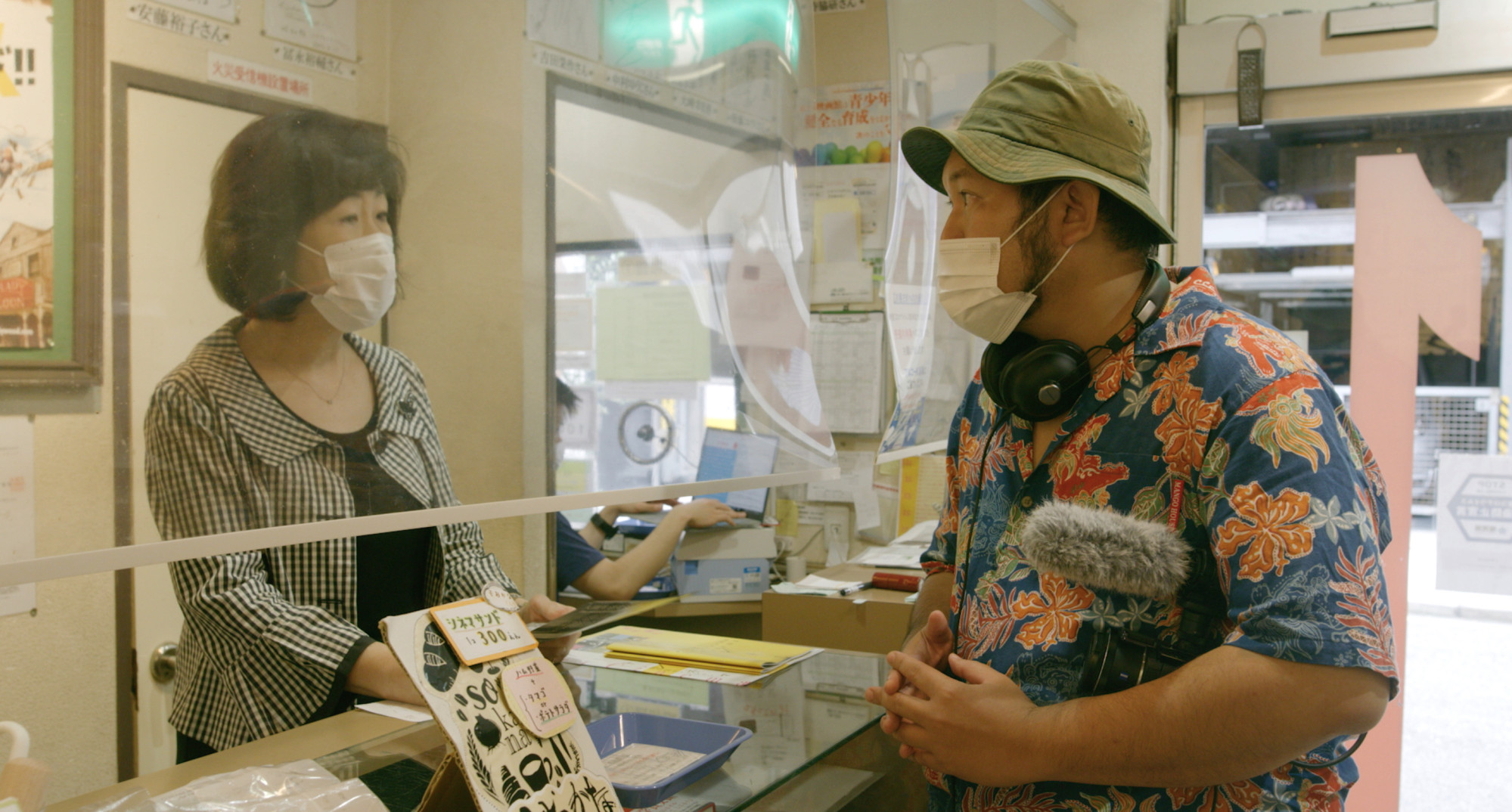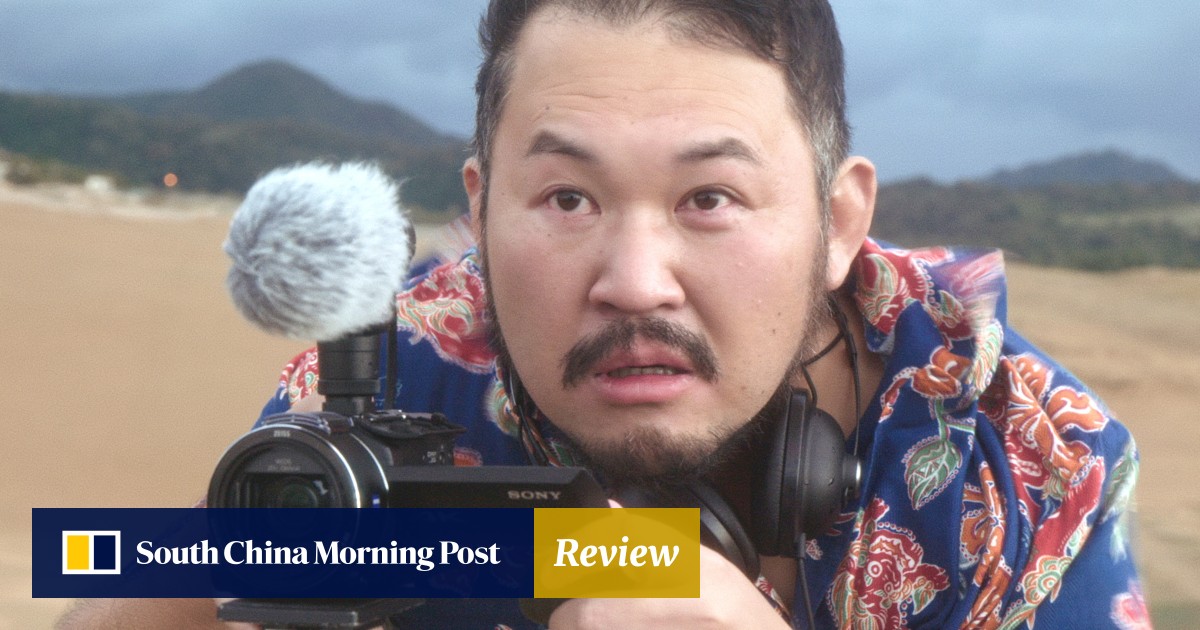3/5 stars
Independent filmmaker Hirobumi Watanabe portrays a version of himself in director Lim Kah-wai’s Your Lovely Smile.
Part-documentary, part wistful ode to the less glamorous side of the film industry, it follows Watanabe as he travels across Japan, peddling his cinematic wares to the proprietors of small, family-run picture houses.
At once a gently satirical portrait of self-aggrandising artists, the film is also an elegiac rumination on an art form being squeezed out of existence by homogenised commercial content.
The rotund yet unassuming Watanabe has, like his real-world counterpart, garnered plaudits for his avant-garde, micro-budget films. When we first meet him, he is struggling to complete his latest screenplay.
Convinced that a phone call – and life-changing payday – from Netflix or the like will materialise at any moment, he wastes time hanging out with friends, including brother and collaborator Yuji, in their small provincial hometown.
Eventually, Watanabe is offered a job in Okinawa, directing a biographical vanity project for a local gangster (Shogen). When that production inevitably collapses, Watanabe hits the road, hoping to find a venue for a retrospective of his work – films that, by his own admission, are black-and-white oddities he does not expect many people will enjoy.
Along the way, he also encounters a string of bewitching young beauties, all played by the same actress, Hikaru Hirayama.
Movie buff moved from Tokyo to reopen cinema in rural Japanese town
Movie buff moved from Tokyo to reopen cinema in rural Japanese town
Watanabe is no stranger to being on camera, as he regularly stars in his own work, where he willingly lampoons his own pretentious artistic leanings.
Under Lim’s direction, his arrogant yet introverted persona proves the perfect guide for this cross-country pilgrimage to shrines dedicated to precisely the kind of cinematic auteur he perceives himself to be.

The cinemas Watanabe visits are all real venues with unique personalities and long, storied histories dating back many decades. Bolstering the film’s sense of authenticity, the proprietors of these establishments also appear as themselves on screen, detailing one by one the changing fortunes of their businesses.
Tragically, Watanabe is repeatedly turned away, his films deemed too risky even for these establishments, which cannot compete in a marketplace now dominated, somewhat ironically, by the same streaming platforms Watanabe sees as his meal ticket.

While Lim’s film is amusing and wholly engrossing, it might have worked better as a documentary, with the plight of these fading institutions given top billing.







